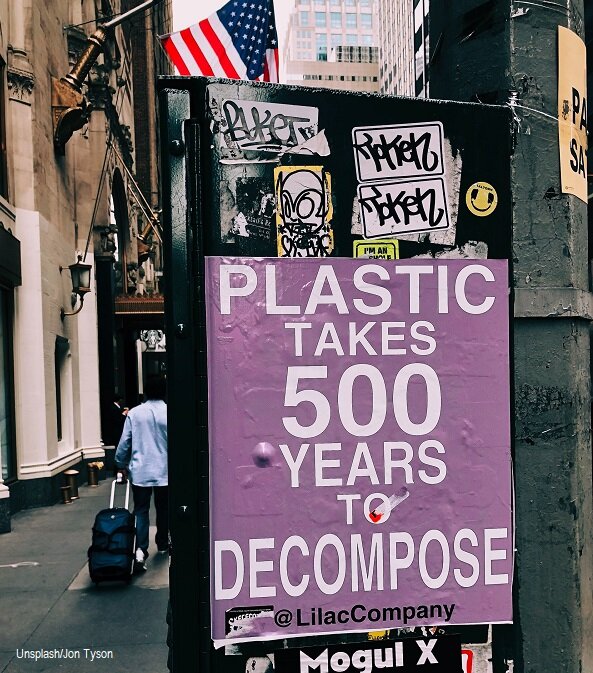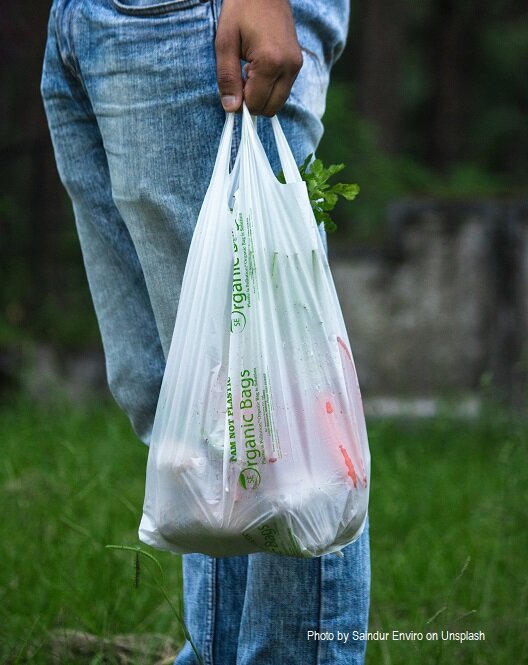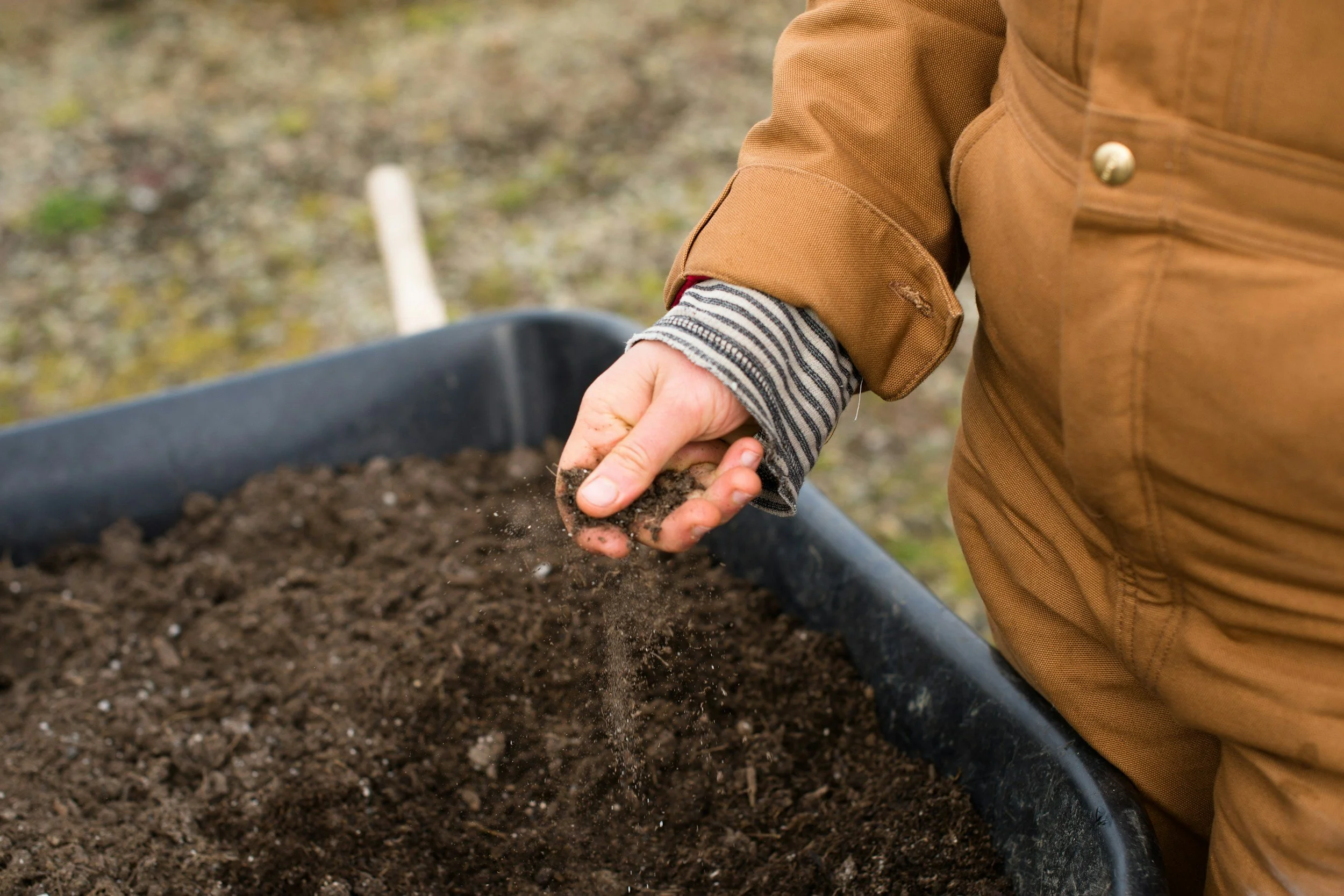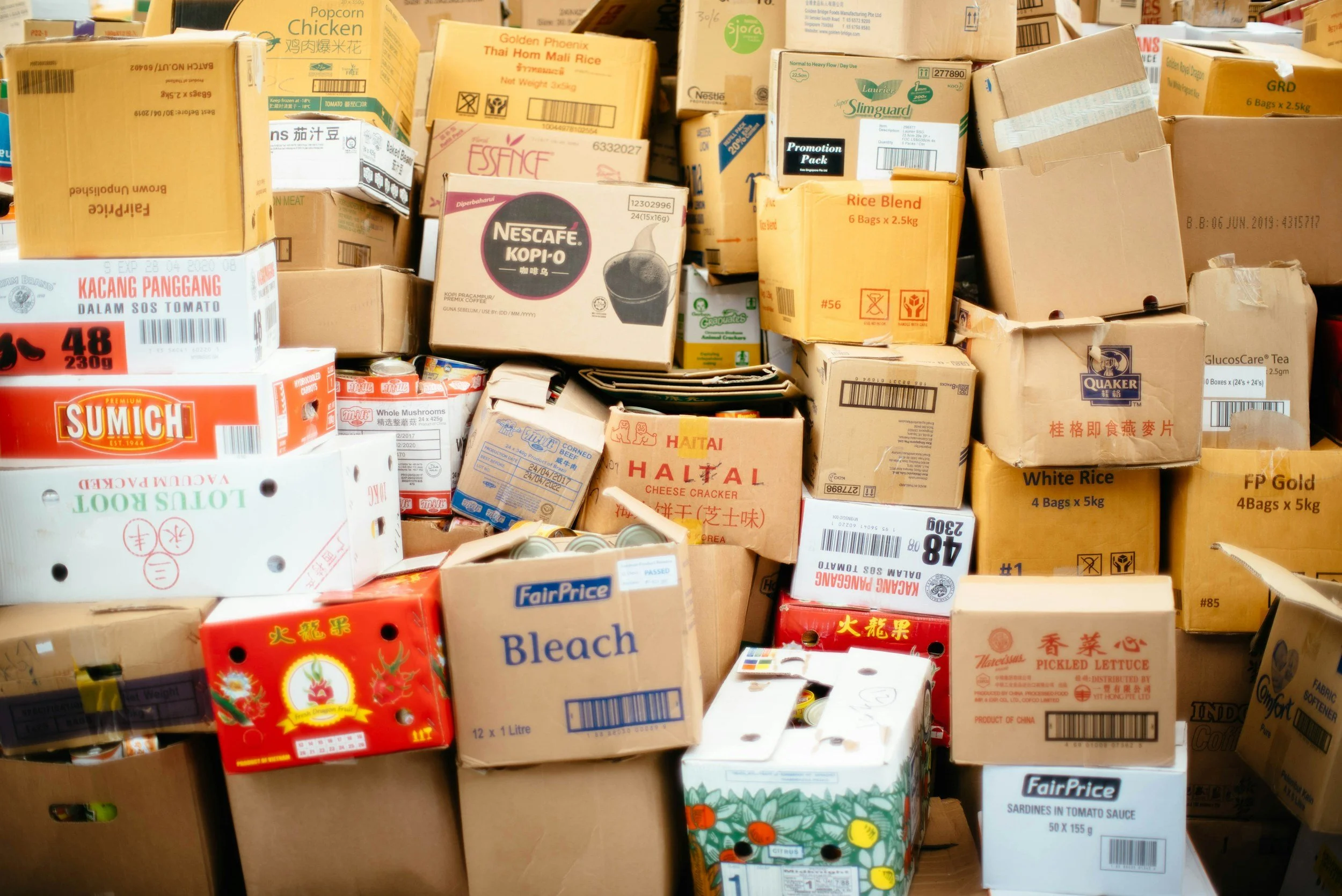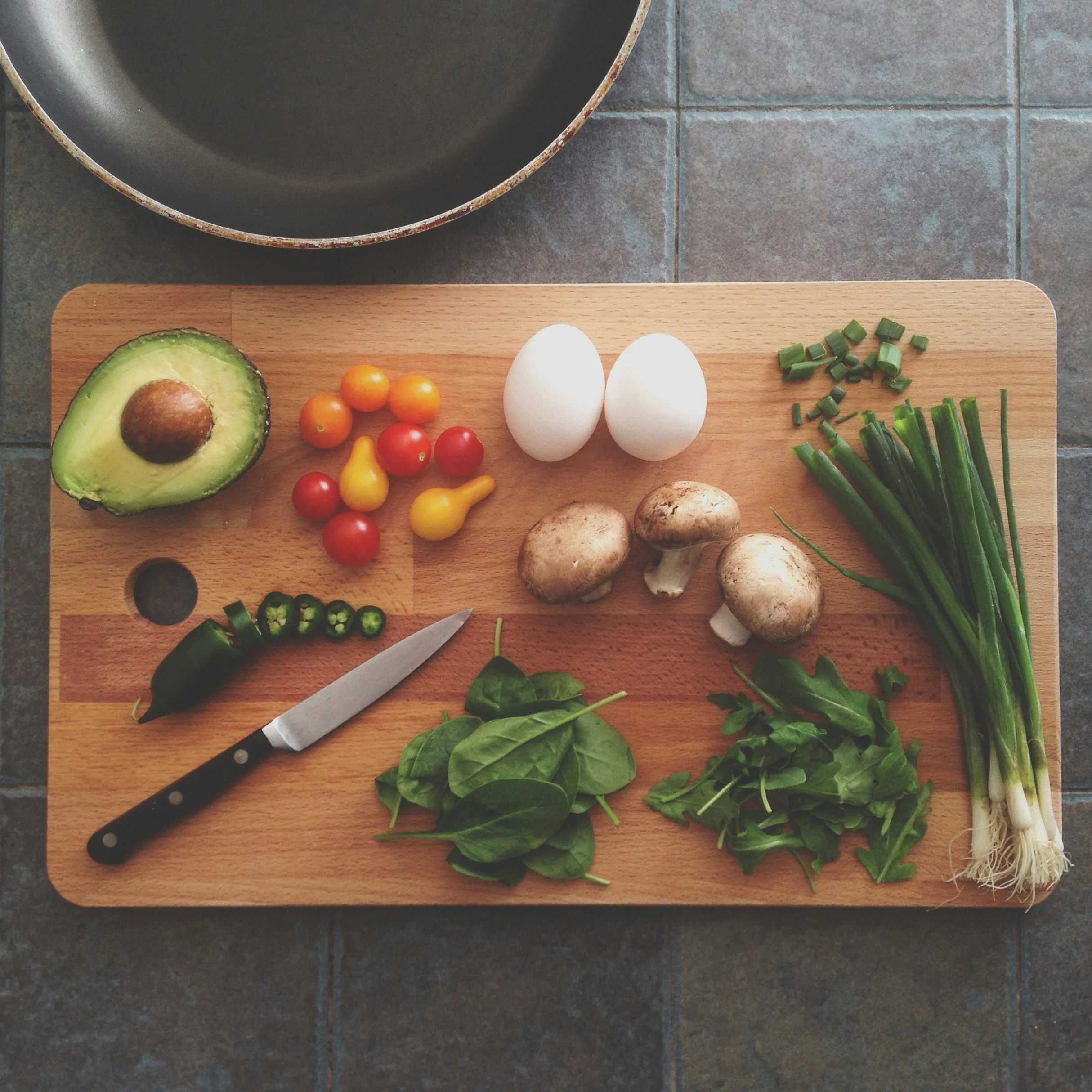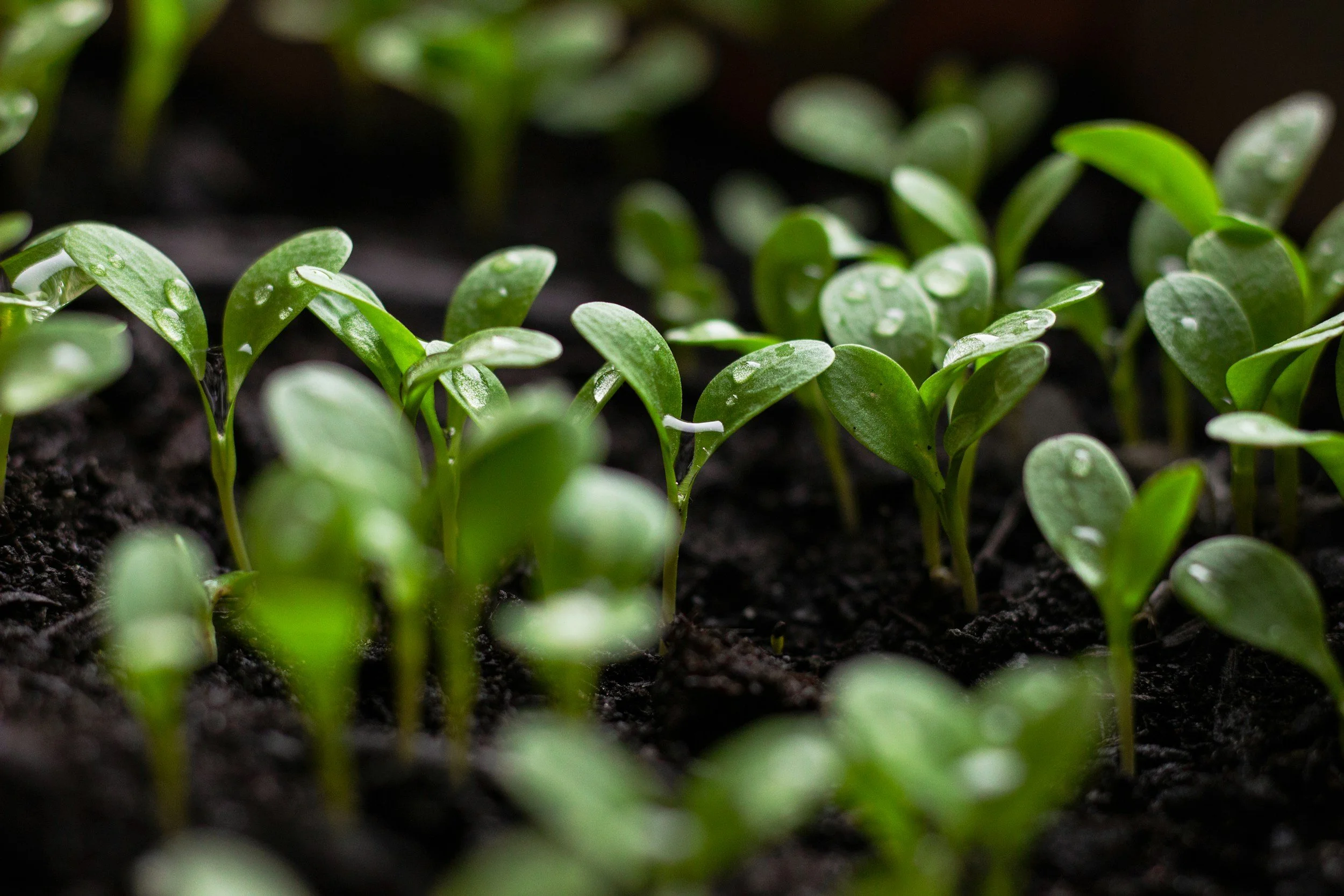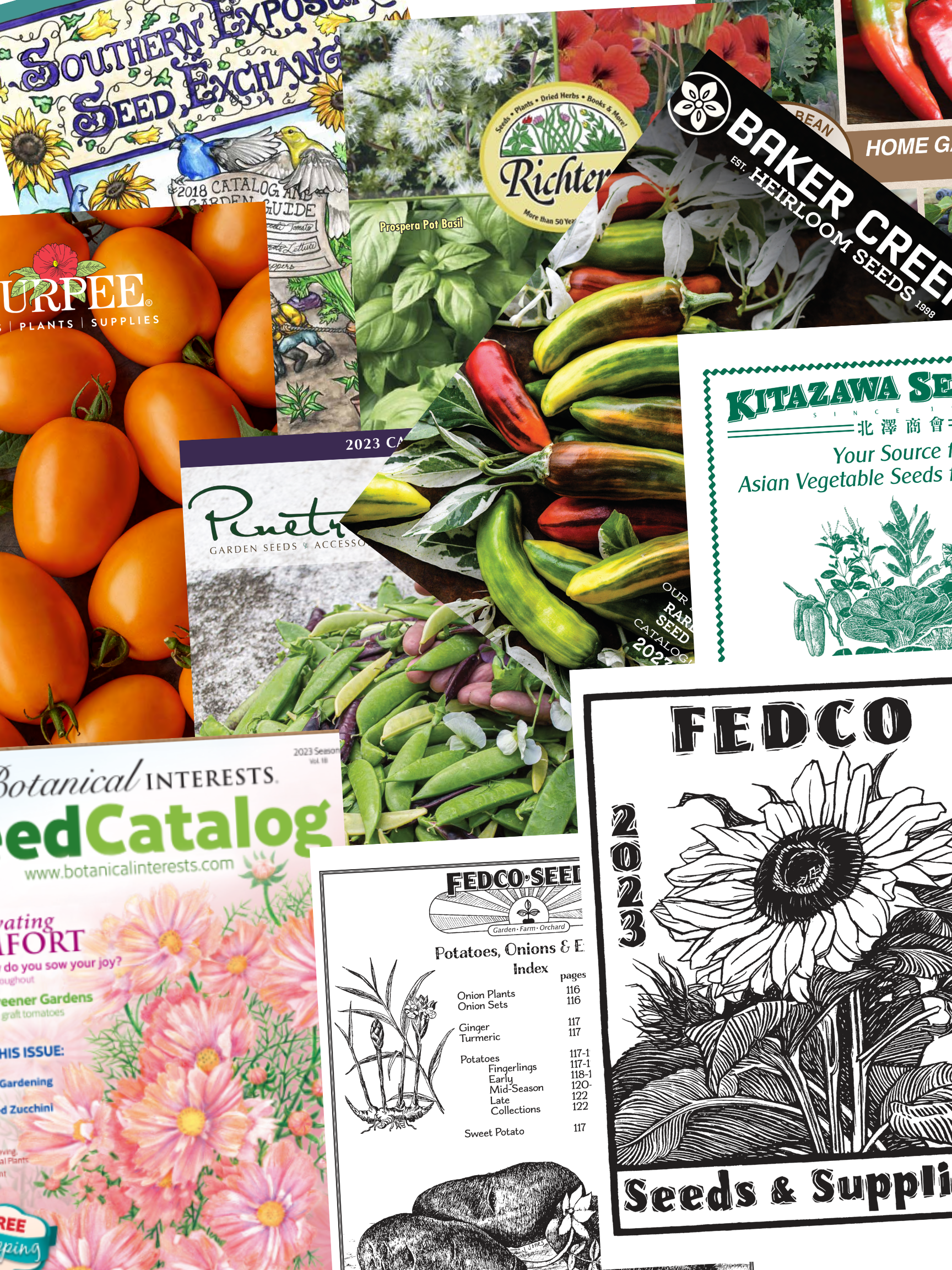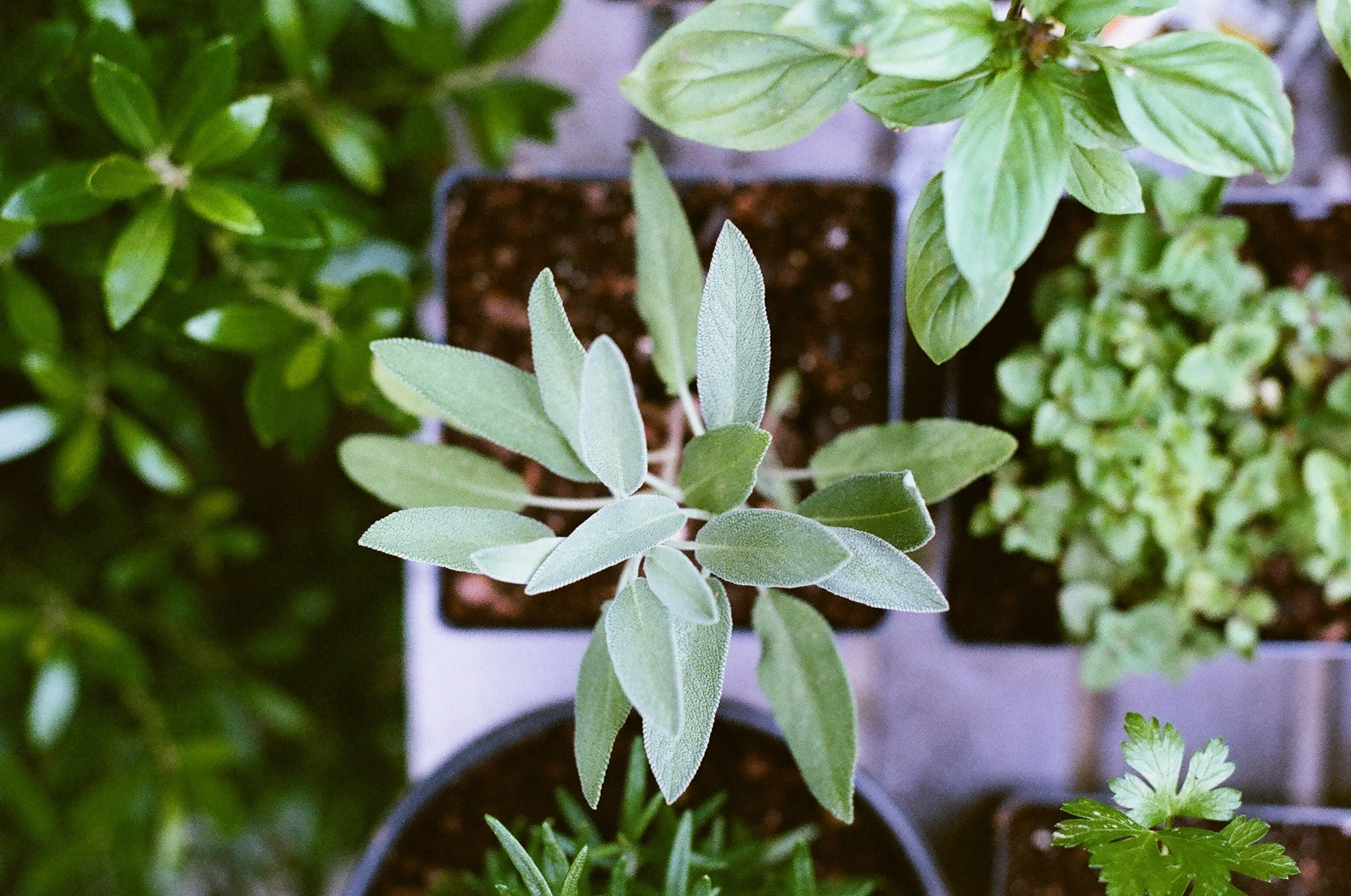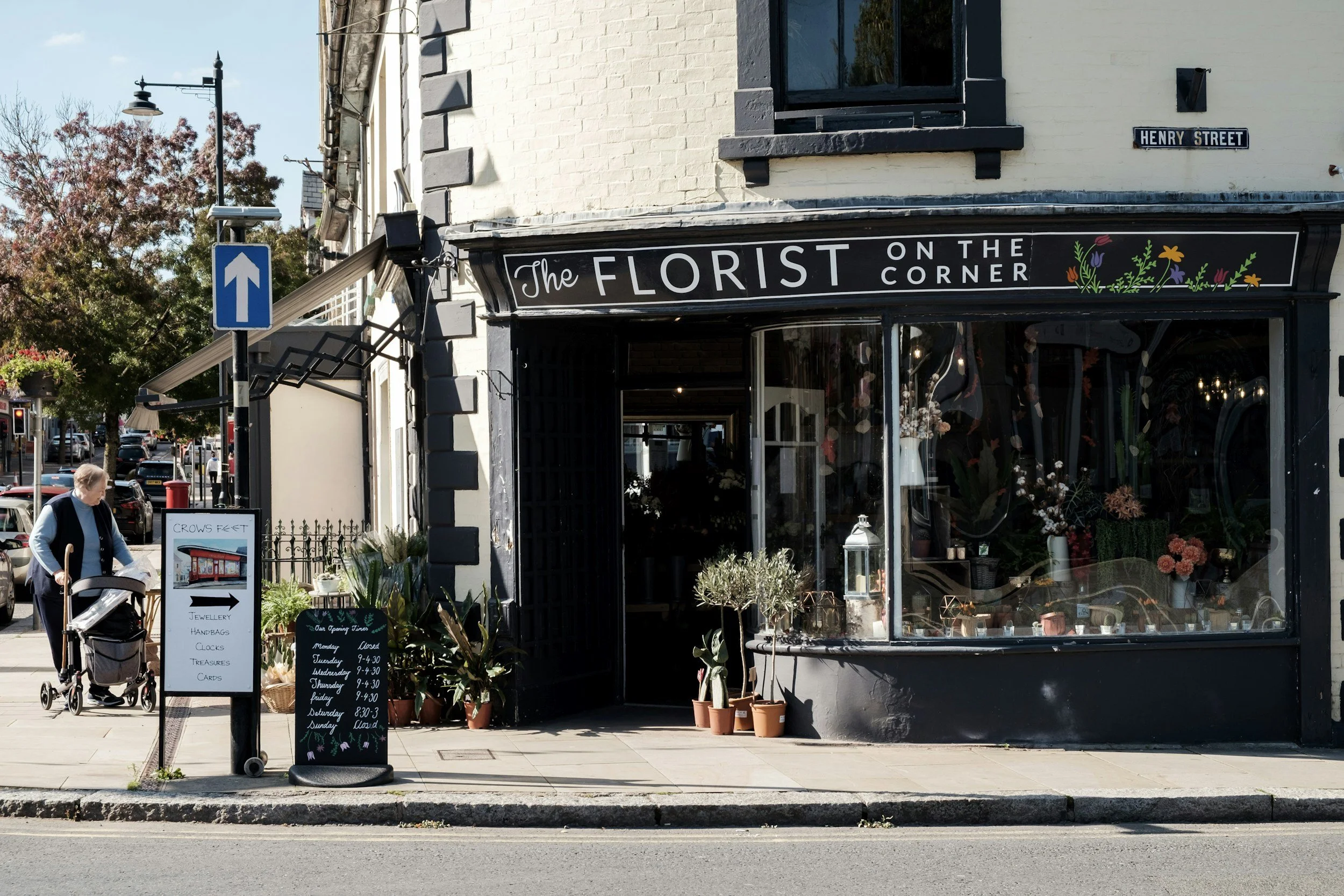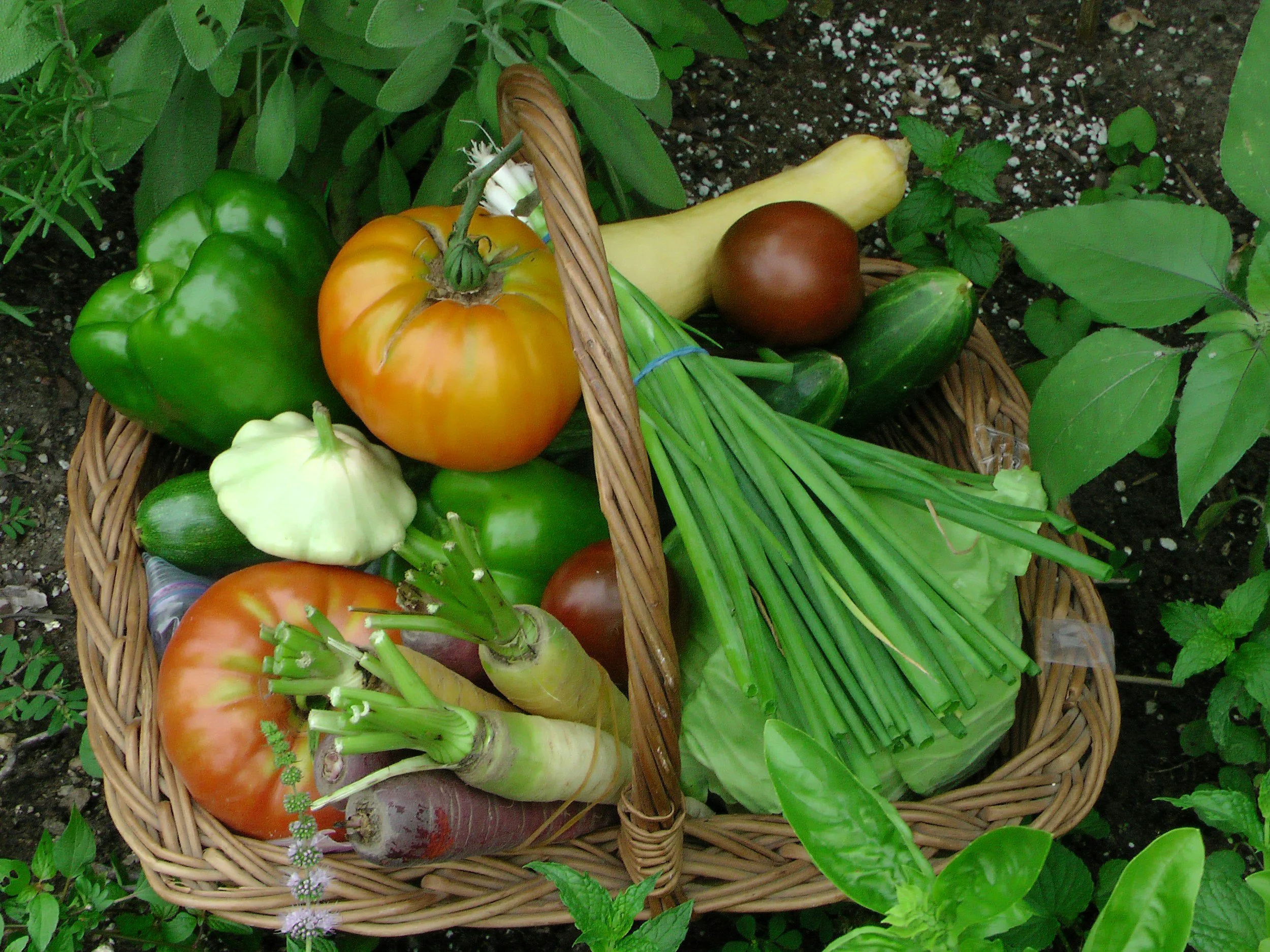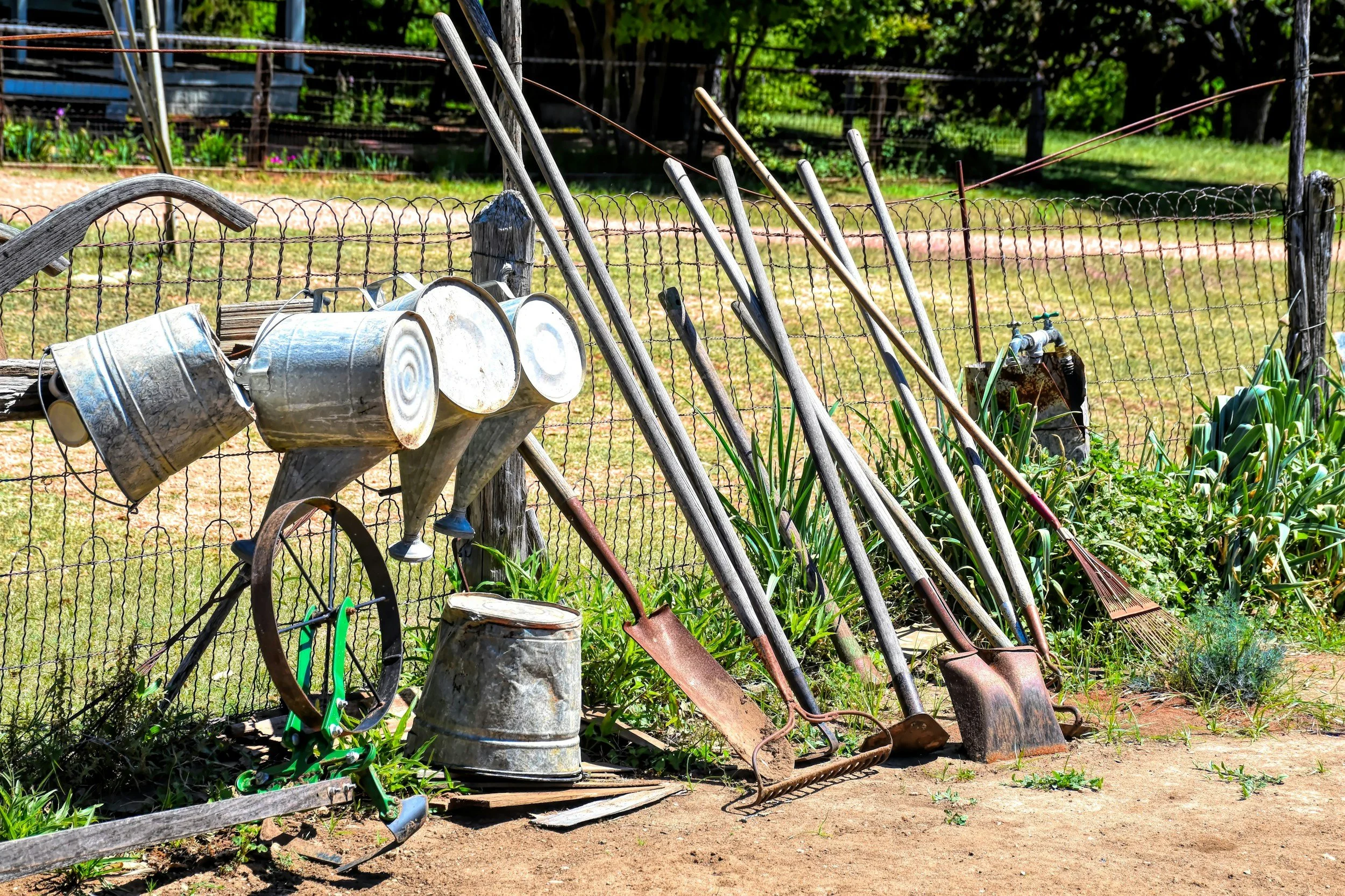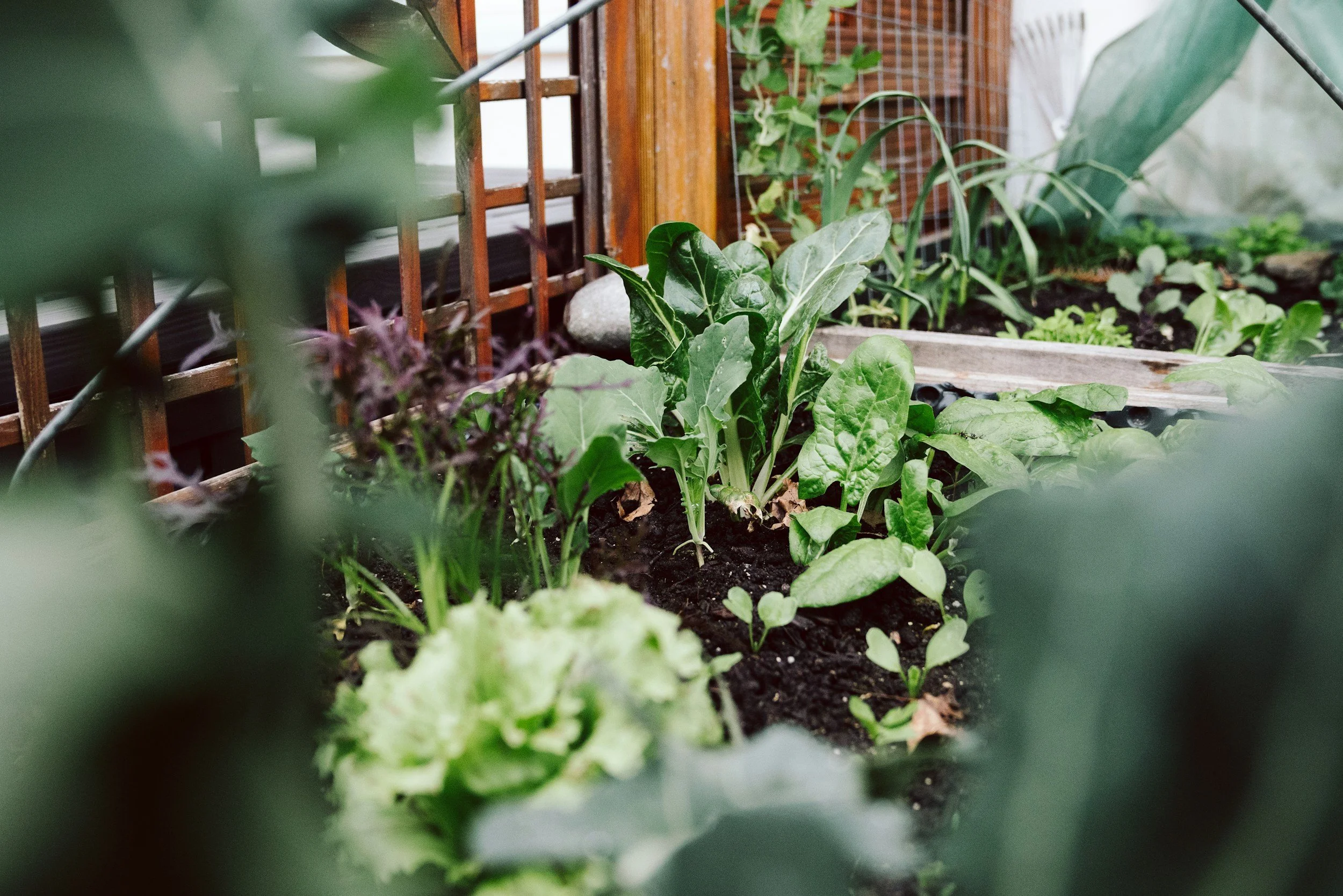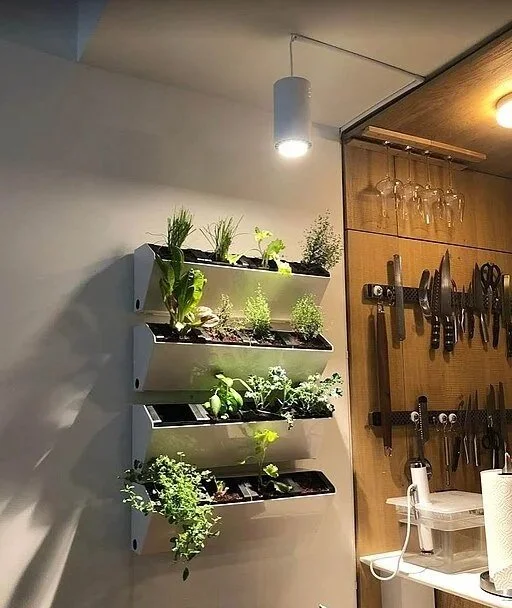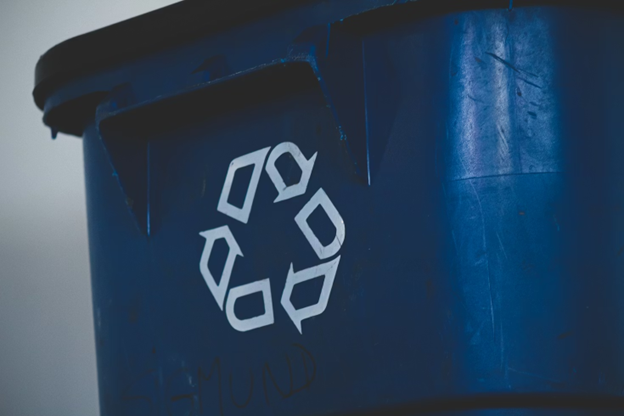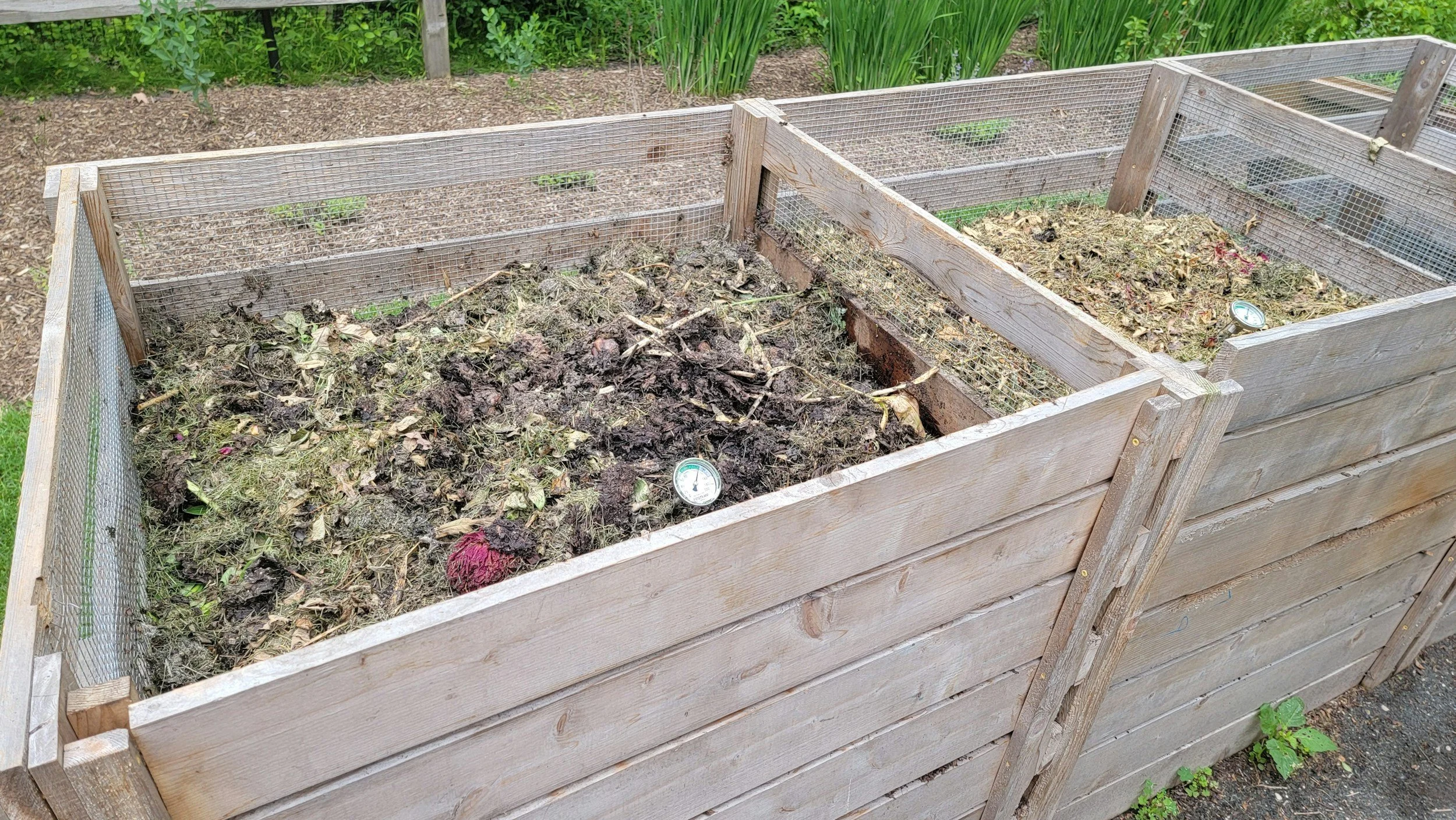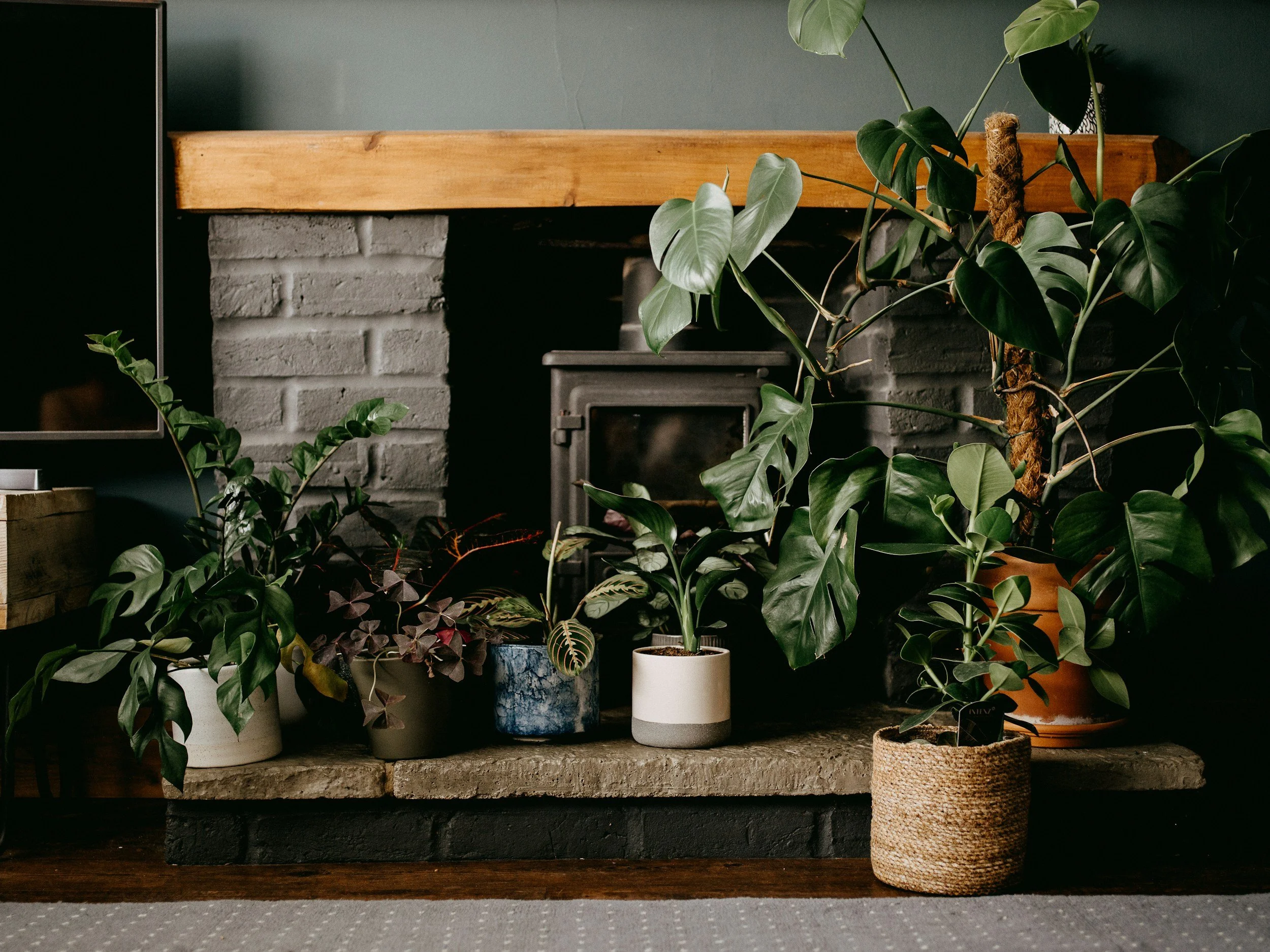Easy Ways to Recycle Plastic Bags Today
/Guest post by Lillian Connors
Plastic is one of the world’s most useful materials. In fact, we’re interacting with plastic every day. Your phone, computer, appliances, and many other things we use every day are often made of plastic or have plastic components. Plastic is also predominantly used as packaging. The best example is the plastic bags we use to store and carry our items, and these are also among the most numerous forms of everyday consumer plastics in use.
But the ease of production, success, and dominance of plastic bags has created a serious environmental problem. Because plastic is non-biodegradable, it doesn’t decompose for centuries. Over the years, the accumulation of plastic waste has led to a massive global pile-up that is incredibly difficult to remove. It is estimated that over 6.3 billion tons of plastic waste have been generated since the invention of the material. Plastic waste harms flora and fauna, clogs drainage systems, wastes landfill space, and degrades the environment.
The latest recycling statistics indicate that only 9% of this plastic waste is recycled. But the world has awakened to the plastic waste problem, and more efforts are being made toward recycling rather than disposing of plastic material.
How to Recycle Plastic Bags
Recycling plastic bags is easy, but it has to be done correctly:
Remove all the receipts, staples, tapes, and other debris from used plastic bags. To make sure, turn the bag upside down and shake the stuff out.
Check your used bags to see if they have the “#2” or “#4” symbol on them. This means two things: one, they are made of recycled materials. Two, they are recyclable. Thus, you should only send “#2” or “#4” plastic bags to the recycling center.
Plastic bags without the “#2” or “#4” should be reused several times before final disposal.
Collect your used plastic bags in one large bag. You should be able to fit around 50 to 100 used bags into one large plastic shopping sack. If it looks like it’s filled up, press the bags down to remove the air; you’ll be surprised at just how much you can compress them and save space.
Once the large bag is filled, bring it to your local recycling center. If that is somehow impractical, you can put it in a bag collection bin. Many supermarkets, groceries, and malls have bag collection bins, often labeled as “bag recycling.”
You should also check your local government’s garbage collection system. They may have a schedule or a special collection bin where they pick up recyclables.
Why Recycle Plastic Bags?
By recycling used plastic bags, you’re doing a favor for the environment and for yourself:
One plastic bag that is recycled or reused is one less bag in the sea. Not only does this reduce the garbage in the ocean, but it also saves the lives of marine animals and birds.
Plastic bags are not biodegradable, which means that it takes hundreds if not thousands of years for the material to decompose. But you can use this to your advantage. Because they’re not biodegradable, they make perfect items to be reused over and over again.
Recycling 1 ton of plastic bags can save 11 barrels of crude oil.
You’ll save a lot of money when you’re recycling bags. You see, when you pay for your groceries, the bag is factored in. If you bring along your own bag, you take that price out of the equation.
It’s not just in the grocery store where you can save money when using a recycled plastic bag. You don’t have to spend on trash bags, dry bags, or waterproof packs for your gadgets. Just take a used plastic bag and you’re fine!
Ways to Reuse Plastic Bags
Preserving the environment doesn’t require you to do something monumental. In fact, simply reusing plastic bags is something that you can do easily. Each bag you reuse is one less bag dumped into the environment.
Let’s check out some of the ways you can give your used plastic bags a second life.
Trash bag
Line up your trash bin with a used plastic bag. Once the bag is filled up with trash, tie it up and dispose of it as municipal waste. Plastic bags are leak-proof, so that gooey ketchup container or that little amount of sticky coffee left in your paper cup won’t leak out of the bag.
Dry bag
Are you going to the local pool, beach, or gym? Have a used plastic bag handy where you can put your wet swimsuit or sweaty clothes inside. That way, you can protect fresh and dry items inside your beach bag or gym bag.
Vomit bag
Do you easily get motion sickness? Bring along a couple of used plastic bags with you when you travel. You can use those plastic bags to catch your stuff when you throw up. Again, you don’t have to worry about your vomit leaking out, as plastic bags are leak proof.
Relaxing treatment for motion sickness
Do you know that you can even use plastic bags to prevent yourself from throwing up? Soak a wad of cotton with lemon oil or lavender oil. Put it in a used plastic bag. Whenever you feel seasick, simply put your face in the bag and inhale the calming vapor.
Waterproof pouch
One thing that is certain about the weather is that it is unpredictable. One moment it may be sunny, and in another, the sky drops buckets. Protect your valuables, electronics, and wallet by putting them in a plastic bag then tying off the ends. The non-permeable nature of the bag prevents any moisture from going in, protecting your stuff from even heavy rain.
Grocery bag
When going out for grocery runs, why not reuse plastic bags? There’s no sense in keeping your groceries in a new plastic bag only to throw that perfectly good, undamaged bag away when you get home. Bring a couple of used ones and use them to bag your purchases.
Wrappers for delicate items
Used plastic bags are perfect for protecting delicate heirlooms such as crystal figurines, porcelain dishes, and antique music boxes. The bag will keep the moisture and dust off your precious items.
These are just some of the many ways that you can reuse plastic bags. The only limit is your imagination.
Final thoughts…
Improve the latest recycling statistics and help save the environment by reusing and recycling your used plastic bags. You might very well turn what everyone else sees as garbage into something incredibly useful and practical.
Lillian Connors is a Senior Content Developer at ACT-ENVIRO, with years of experience in developing content. Throughout her career, she always looked for ways to contribute to the environment in recycling efforts, while providing valuable information with her written articles. She’s deeply into green practices, cherishing the notion that sustainability not only makes us far less dependent on others regarding how we live and do business but also contributes to our planet being a better place to live. When she is not trying to improve the things around her (and herself, for that matter), she likes to lose herself in a good book and sip on an occasional appletini.




